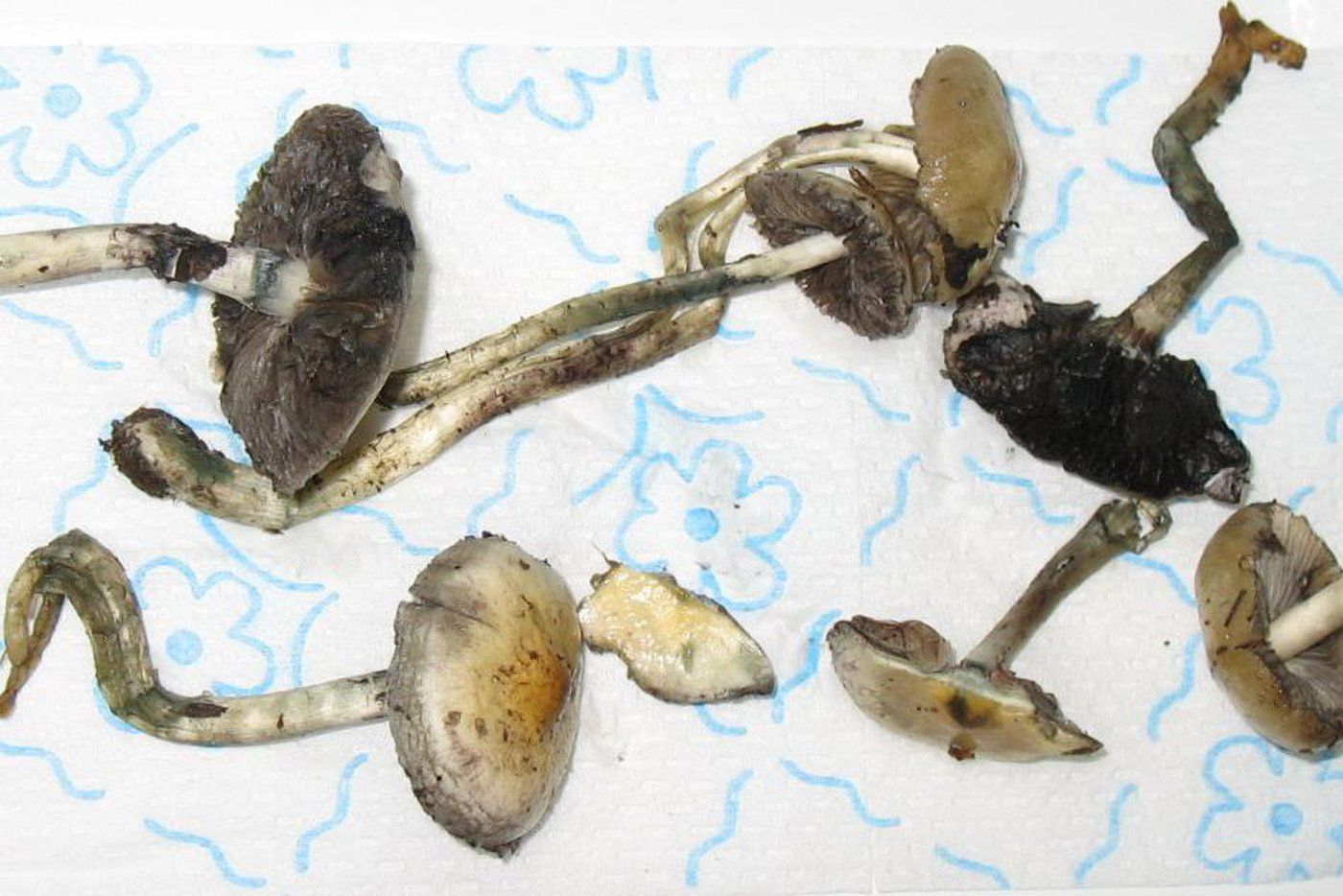By Vince Polito, Macquarie University
SYDNEY, Nov 24 – Following a long period of prohibition, psychedelic drugs have once again found their way into science labs and clinics, with growing evidence showing they may be important new tools in mental health.
This new wave of research has driven a shift in cultural attitudes towards psychedelics. Hallucinogenic drugs like mescaline and psilocybin — the active component in ‘magic mushrooms’ — have been used in cultural and religious rituals for centuries. Typically these substances were taken at high doses that led to profound alterations in consciousness.
Recently, however, ‘microdosing’ has emerged — the practice of regularly taking psychedelic substances at very low doses, which does not lead to marked changes in conscious awareness.
This idea only entered into public conversation in 2011 but since that time has become a popular worldwide trend, with proponents claiming regular dosing in this way can lead to a range of psychological and physical benefits.
The most commonly described method of microdosing is to take one tenth to one twentieth of a typical recreational dose every three or four days. Many microdosers report improved cognition and mental health, and there is evidence of microdosing leading to changes in pain perception, mood, and attention. But studies also indicate that at least some of microdosing’s effects may be due to the user’s expectations, meaning the true causes of these changes remains unknown.
Regardless of whether the effects are based on expectation or pharmacology, microdosing is having a considerable impact on peoples’ lives. In one striking study, more than 50 per cent of participants ceased using traditional antidepressant medications after they started microdosing. Similarly, people who microdosed claim it is more effective than pain medication treatments, leading 27.5 per cent of respondents to stop taking their medications.
Survey studies of microdosers consistently report that the practice leads to reduced levels of depression and improved mood. These findings have, so far, not been replicated in lab settings, however all of the lab studies to date have involved healthy participants taking just one to seven doses.
It may be that the antidepressant effects of microdosing only emerge after more consistent dosing, or it may be that these effects are only observable in clinical populations.
Survey and mobile-app based studies have shown that microdosers report increased attention, improved mindfulness, and greater ability to focus. Microdosing has also been found to help reduce smoking and other illicit substance abuse. But while people who microdose reported lower levels of substance use disorders, they also report a higher likelihood of recreational substance use. No lab studies have assessed the effects of microdosing on other substance use.
There is evidence that microdosing leads to brain changes. One study, investigating microdoses of LSD, found altered connectivity across the brain’s limbic system that was associated with changes in mood.
Similarly, two studies investigating psilocybin microdosing found reduced activity in the default mode network. These findings are broadly compatible with findings from high-dose psychedelics and the mechanisms of traditional antidepressants.
Microdosing research continues to grapple with how to conduct well designed, meaningful studies. It’s very difficult to conduct trials of a mind-altering substance without raising expectations, and it would be unethical not to fully inform participants of what they might experience. But it’s also too early to claim that results are mainly driven by the placebo effect.
Until we have well-controlled studies that investigate the effects of a sustained period of microdosing (for example, at least four to six weeks), and until we have tested possible clinical effects in populations experiencing mental illness, we cannot be sure about the therapeutic potential of these low doses.
Vince Polito is a senior research fellow in the School of Psychological Sciences at Macquarie University in Sydney, Australia.
Article courtesy of 360info.








